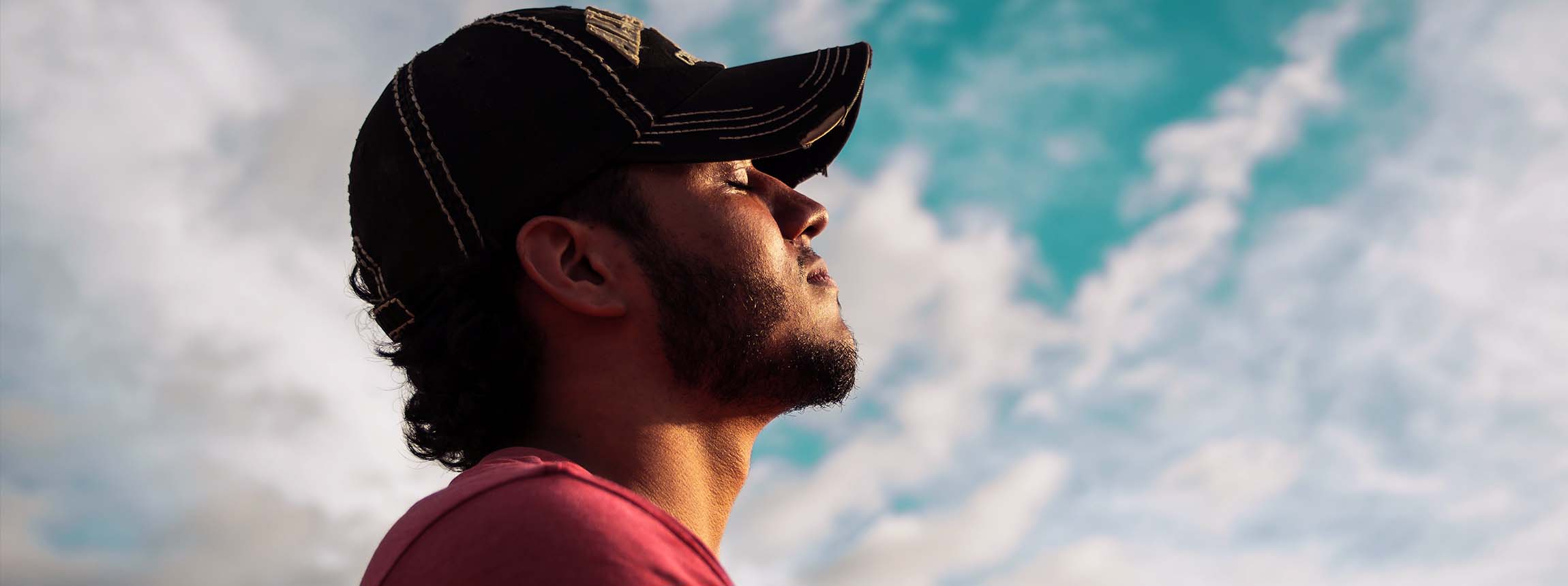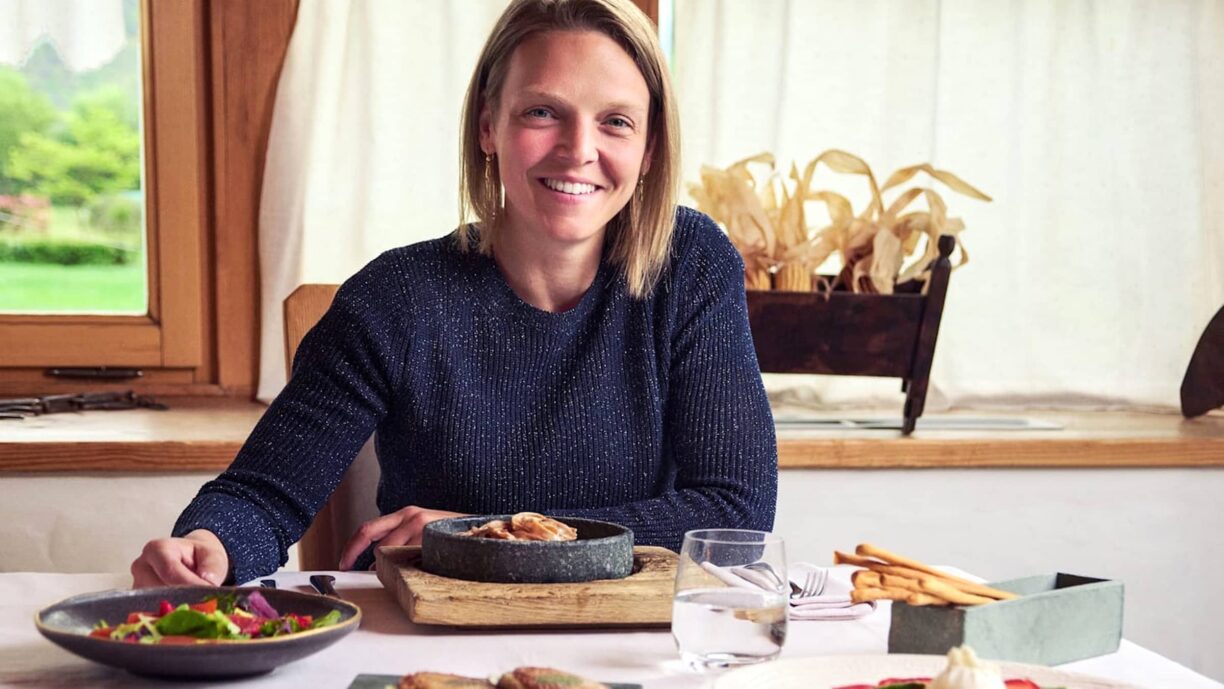Dr Dean Howes, an Assistant Professor from the University of Warwick, is a teacher and researcher in the realm of self-improvement, focusing on a pioneering five-step technique on How to become better at being you.
This transformative approach, rooted in mindfulness and well-being, empowers individuals to deepen their self-awareness, improve their comprehension of others, and gain a broader understanding of the world.
Dr Howes’ techniques, based in contemporary Mindfulness, provide a clear and genuine approach to self-improvement. It begins with cultivating a heightened awareness of the present moment, followed by taking action based on this awareness to express one’s true self.
By embracing this process, individuals can break free from unhelpful habits and align their actions with their authentic selves, fostering lasting change within themselves and society.
Explaining the significance of his research, Dr Dean Howes states, “Contemporary Mindfulness presents a simple 2-step process for lasting transformation.
The first step is to develop a clear awareness of the present moment, and the second step is to embody this awareness and authentically express ourselves.
This approach encourages us to move away from unhelpful patterns and instead focus on genuine self-expression. Importantly, this transformative journey begins internally as individuals make positive changes within themselves before genuinely manifesting them in society.”
The five-step technique developed by Dr Howes provides individuals with a structured framework for personal growth. Here is an overview of the process:
- Beginner’s Mind: Embrace each aspect of yourself and moments in life as if experiencing them for the first time, devoid of preconceptions or biases. Try to connect with activities that naturally provide you with a mindful, flow-like state. These cultivate a present-centred stance in our everyday activities too.
- Perceive the Whole: Start by perceiving the aspect of yourself or moment as a whole, and gradually shift your awareness to notice finer details. Pushing our awareness into the features of now moves the mind away from expectations and thoughts about the past or future.
- Gradual Expansion: Begin by observing specific features of yourself or the moment, such as your experiences in your mind, body, and emotions, and then expand your perception to embrace yourself or the moment as a complete whole. This encourages us have a more balanced perception and to be more compassionate.
- Change Position: Observe your perspective on the aspect of yourself or the moment, periodically shifting your mindset, physical stance, and emotional state to experience different perspectives. This allows us to gain a clearer perception but also helps us to refrain from our initial impulses and habits so that we can respond in a more authentic manner.
- Non-dualistic Stance: Engage with aspects of yourself or moments without mentally separating yourself from them, expanding your awareness beyond a dualistic viewpoint and recognizing their interconnectedness with elements within and beyond yourself. This also helps to bring balance and harmony, both within ourselves, other people and our surroundings.
Each of these steps has associated practices that Dr. Howes teaches and they can be developed sequentially as presented here, or more organically depending upon personal preference.
His research “Towards fidelity, integrity and authenticity: A critical reflection of an academic-oriented mindfulness-based programme.” shows the importance of personal journeying when developing wellbeing and Mindfulness techniques and strategies.
He says, “Rather than being a one-size-fits-all approach, contemporary forms of Mindfulness encourage people to construct and craft their own pathway using the plethora of in-the-moment and mediative techniques available.
“Some choose a more traditional, spiritual and meditative pathway, whereas others adopt a more secular and functional one. Whichever pathway one chooses, the direction of travel is towards a more authentic awareness and expression of one’s self – a pathway to becoming better at being you.”





